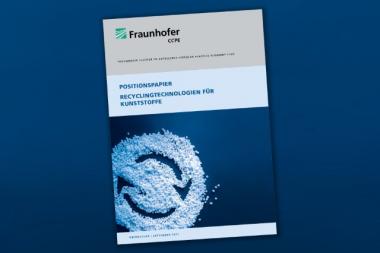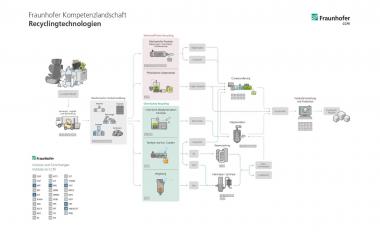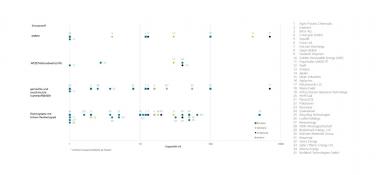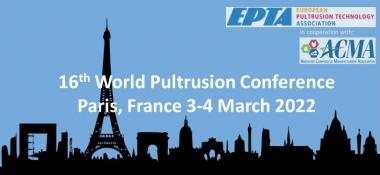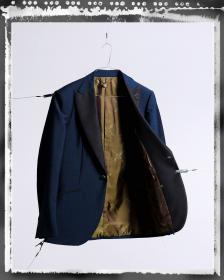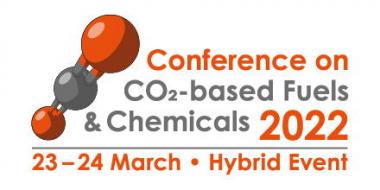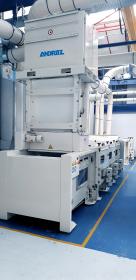Hygienix™ 2021: Live, in-person conference Nov 2021
- Post-Pandemic Market Opportunities, New Technologies and Sustainability Highlight Conference This Fall in Arizona
The global absorbent hygiene and personal care markets are enthusiastically anticipating the return of Hygienix™ 2021 as a live, in-person conference Nov. 15-18, in Scottsdale, Arizona, focusing on post-pandemic opportunities, sustainability, new technologies and award-winning products.
The event will offer exciting opportunities for Hygienix participants to engage with new and existing customers in a face-to-face setting, and discover the latest innovations over four days at the Westin Kierland Resort. Highlights include two nonwovens workshops, a welcome reception, opportunities for 60 tabletop displays with receptions, eight intriguing panel discussions and presentations for the Hygienix Innovation Award™ and the INDA Lifetime Service Award.
As the market emerges from the pandemic, trends in sustainability such as replacing plastic with natural fibers, recycling and composting will present new opportunities that will be addressed by 30 presenters from industry companies. Conference participants also will discover how new technologies such as smart sensors and haptics — the use of technology that stimulates the senses of touch and motion — are helping to change the consumer experience.
Hygienix sessions featuring moderated discussions with industry-leading experts and Q&A opportunities are focused on the following themes:
- New Options for Responsible End-of-Life
- Haptics: Four Approaches to Assessing Feel
- Products and Process Innovations in Global Absorbent Hygiene Products (AHPS)
- Absorbent Hygiene Products Market Stats, Trends and Policy Insights
- E-Hygiene Advancements
- Feminine Care: Challenges to the Status Quo (presented in two parts)
- New Approaches and Unmet Needs in Baby and Incontinence AHPS
Hygienix will address the latest research and statistics including:
- Understanding the State of the Nonwovens Absorbent Hygiene Market, COVID-19 Impact and Baby Boom or Bust
- Direct-to-Consumer Winners, Losers & Insights
- Evolution of Sustainable Hygiene: Opportunity, Challenge, and Future Growth
- Single-Use Plastics Policy Developments in North America
- Understanding Consumer Needs and Desires When Considering Incontinence Products









